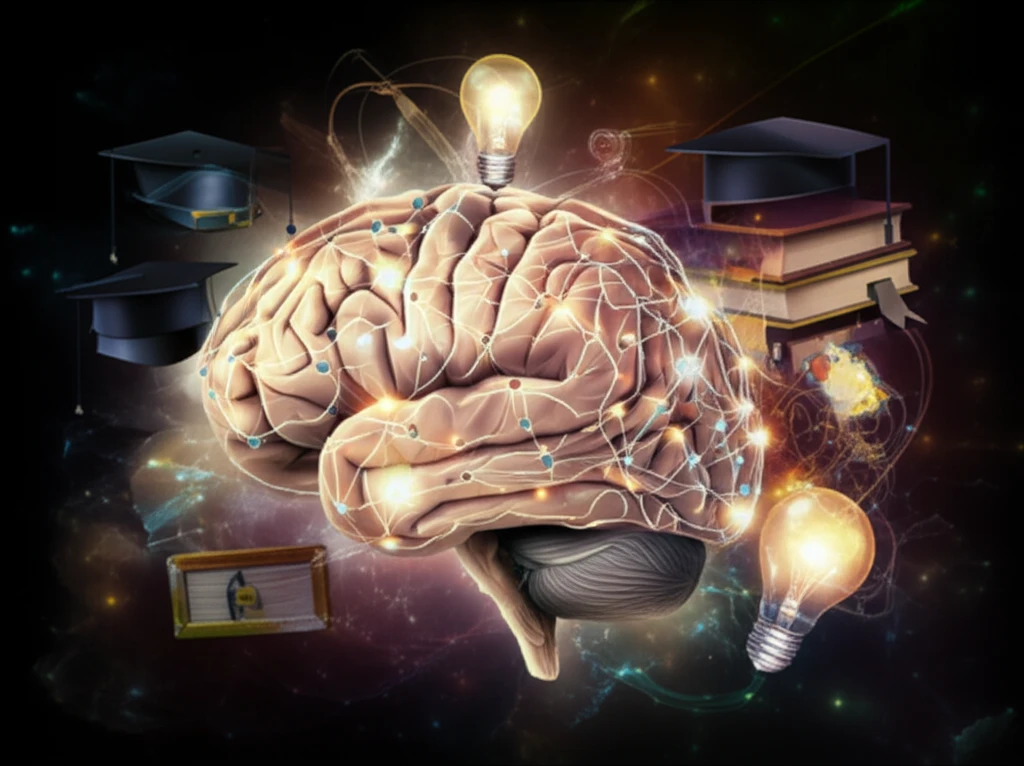
Decoding the Brain: How Neuroscience is Revolutionizing Learning and Education
"Unlock your mind's full potential by understanding the latest breakthroughs in brain science and their practical applications in education and everyday life."
For centuries, educators and psychologists have sought to understand the inner workings of the human mind, aiming to unlock the secrets of effective learning and cognitive enhancement. Today, neuroscience offers unprecedented insights into the brain, revealing the neural mechanisms underlying learning, memory, and behavior. This knowledge is not just for scientists; it's a game-changer for anyone interested in optimizing their cognitive abilities and educational outcomes.
The European Journal of Neuroscience and similar publications are treasure troves of cutting-edge research. Studies featured in these journals shed light on how the brain processes information, forms memories, and adapts to new experiences. By translating this complex research into accessible and actionable strategies, we can revolutionize how we approach learning and personal development.
This article delves into the fascinating world of neuroscience, exploring key discoveries and their practical applications in education and daily life. Whether you're a student, teacher, parent, or lifelong learner, understanding the brain can empower you to learn more effectively, remember more efficiently, and achieve your full cognitive potential.
Neuroplasticity: The Brain's Remarkable Ability to Change and Adapt

One of the most groundbreaking discoveries in neuroscience is the concept of neuroplasticity – the brain's ability to reorganize itself by forming new neural connections throughout life. This means that our brains are not fixed entities but are constantly adapting and changing in response to our experiences.
- Active Learning: Engaging actively with the material, rather than passively receiving information, strengthens neural connections. Techniques like summarizing, teaching others, and applying concepts to real-world problems promote deeper understanding and retention.
- Spaced Repetition: Reviewing information at increasing intervals leverages the spacing effect, a cognitive phenomenon that enhances long-term memory. Apps like Anki and Memrise can help implement spaced repetition effectively.
- Deliberate Practice: Focusing on specific areas for improvement and seeking feedback is crucial for skill development. Whether it's learning a new language or mastering a musical instrument, deliberate practice drives neuroplastic changes that enhance performance.
- Mindfulness and Meditation: Practices that promote focused attention and awareness have been shown to enhance neuroplasticity and improve cognitive functions like attention, memory, and emotional regulation.
The Future of Learning: Embracing a Brain-Based Approach
Neuroscience is providing invaluable insights into how the brain learns, remembers, and adapts. By translating these insights into practical strategies and educational interventions, we can transform the way we approach learning and unlock the full potential of every individual. As we continue to unravel the mysteries of the brain, the future of education will be shaped by a deeper understanding of how we learn best.
